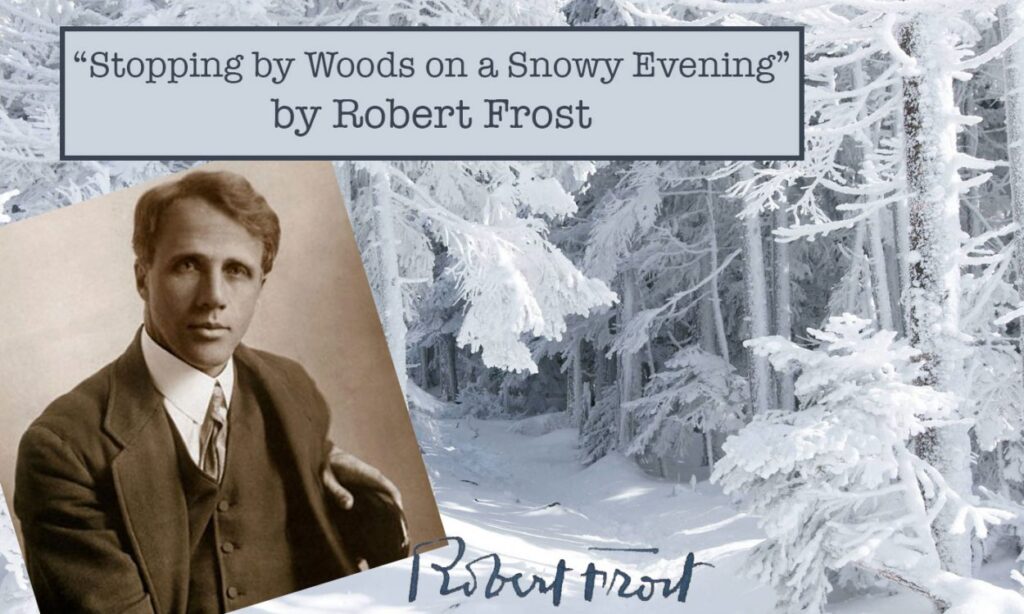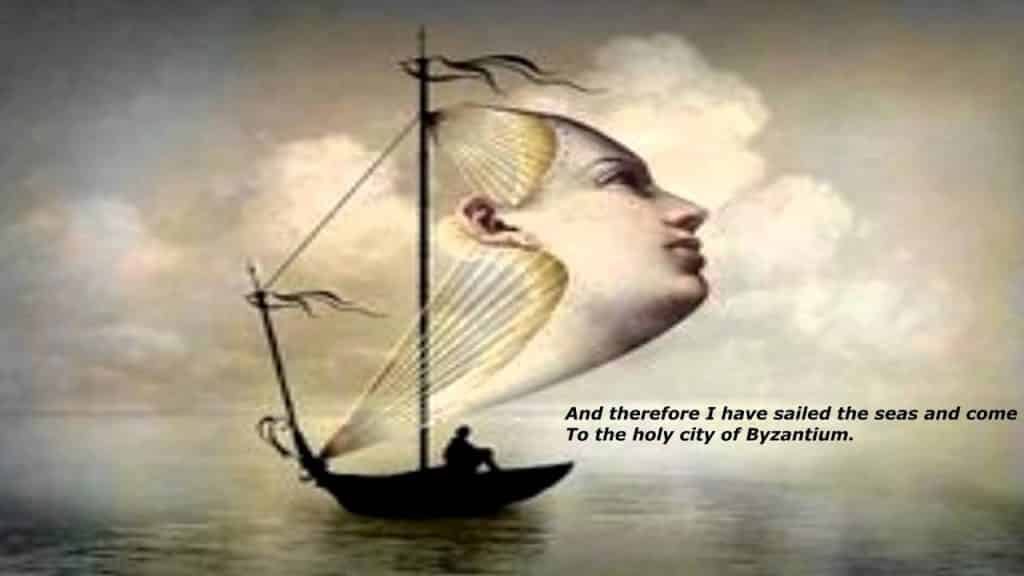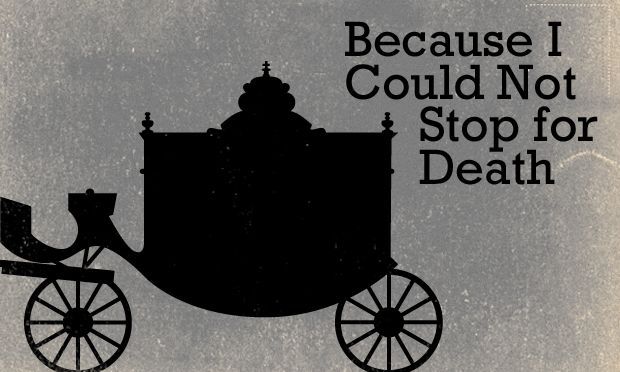Death, be not proud, though some have called thee
Mighty and dreadful, for thou are not so;
For those whom thou think’st thou dost overthrow
Die not, poor Death, nor yet canst thou kill me.
From rest and sleep, which but thy pictures be,
Much pleasure; then from thee much more must flow,
And soonest our best men with thee do go,
Rest of their bones, and soul’s delivery.
Thou’art slave to fate, chance, kings, and desperate men,
And dost with poison, war, and sickness dwell,
And poppy’or charms can make us sleep as well
And better than thy stroke; why swell’st thou then?
One short sleep past, we wake eternally,
And death shall be no more; Death, thou shalt die.
Summary and Analysis
-
Editors Rating
Meaning of the Poem
Sonnet X, also known by its opening words as Death Be Not Proud, is a fourteen-line poem, or sonnet, by English poet John Donne (1572–1631), one of the leading figures in the metaphysical poets of sixteenth-century English literature. Written between February and August 1609, it was not published during Donne’s lifetime; it was first published posthumously in 1633.
It is included as one of the nineteen sonnets that comprise Donne’s Holy Sonnets or Divine Meditations, among his most well-known works. Most editions number the poem as the tenth in the sonnet sequence, which follows the order of poems in the Westmoreland Manuscript (circa 1620), the most complete arrangement of the cycle, discovered in the late nineteenth century. However, two editions published shortly after Donne’s death include the sonnets in a different order, where this poem appears as eleventh in the Songs and Sonnets (published 1633) and sixth in Divine Meditations (published 1635).
Death Be Not Proud presents an argument against the power of death. Addressing Death as a person, the speaker warns Death against pride in his power. Such power is merely an illusion, and the end Death thinks it brings to men and women is in fact a rest from world-weariness for its alleged “victims.” The poet criticizes Death as a slave to other forces: fate, chance, kings, and desperate men. Death is not in control, for a variety of other powers exercise their volition in taking lives. Even in the rest it brings, Death is inferior to drugs. Finally, the speaker predicts the end of Death itself, stating “Death, thou shalt die.


